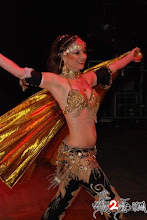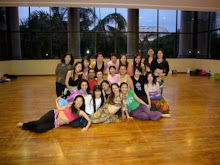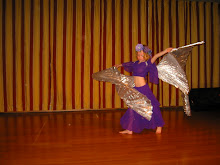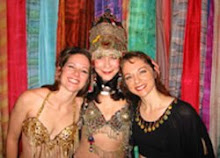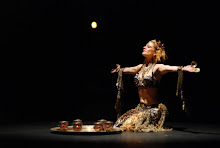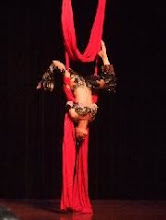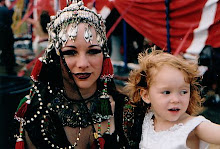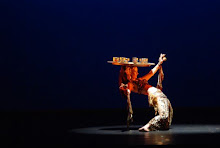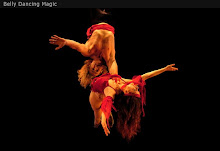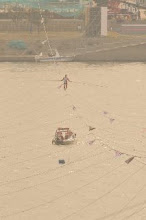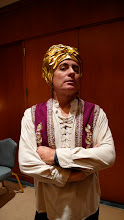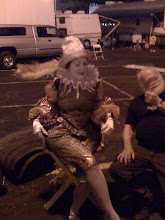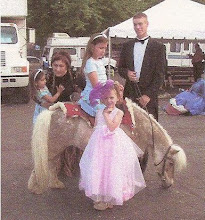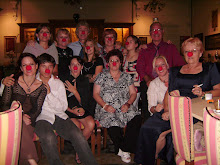“Nietzche was the one who did the job for me. At a certain moment in his life, the idea came to him of what he called “the love of your fate.” Whatever your fate is, whatever the hell happens, you say, “This is what I need.” It may look like a wreck, but go at it as though it were an opportunity, a challenge. If you bring love to the moment – not discouragement – you will find the strength is there. Any disaster you can survive is an improvement in your character, your stature, and your life. What a privilege! This is when the spontaneity of your own nature will have a chance to flow.”
As one who grew up navigating constantly changing circumstance but unwilling to accept a narrative of victimization, I am drawn to the idea of turning the shit of our lives into gold and flowing from there. Whatever is happening to you, if you bring love to the moment and not fear and anger, you will learn and evolve in more positive ways that will improve your life. It is not always easy to shift your perspective and do this -- it is hard work -- but it is worth it.
In the same vein, I was struck last night reading this interview between Bonnie Bainbridge Cohen and Nancy Stark Smith from Cohen's book Sensing, Feeling, and Action: The Experiential Anatomy of Body-Mind Centering. The book is formed by the collected articles for Contact Quarterly dance journal 1980 - 2007 (Contact Editions, Northampton, MA, Second Edition 2008). Their conversation brings the love of your fate idea into the body.
Nancy: You've often talked about an apparent weakness as a gift, in that it offers a kind of leverage for bringing about some new learning that we need. I think that's a good way of looking at ourselves. It helps to eliminate the fear that may block us from learning or changing. So often we're so busy judging ourselves that we can't move ahead. But if there's a training that encourages us to become more curious at that point, to become sensitive rather than defensive, then that changes the whole pattern of how we deal with problems, and how we deal with decision, change, and confusion.
Bonnie: Yes. You've said that so beautifully. When there's a point of weakness, so often our focus becomes trapped on that "place of stress" or problem. But the cause may be elsewhere. For example, if you have a knee problem, and you just look at that particular weakness, you're probably going to be stuck with it all your life. But if you see it as a result of forces that are converging on your knee from other places in your body, and you look at everything in relations to it, then the knee becomes a leverage to a kind of integration of the whole. If you don't have a point of focus, you don't have a place of entrance. [...] When my husband, Len, and I lived in Japan, we rented a house during the night and the next day found out there was a wall in front of the window. Living there made me realize that I never would have noticed the view beyond as much as a I noticed that wall. And if it had been my house and I was able to knock down that wall, I know I would have noticed the life outside with such a greater intensity than if the wall had never been there. So we have to develop respect for things about us that seem to be weaknesses. Otherwise, we have no place to begin.
Today I'm going to appreciate the views from my windows.
